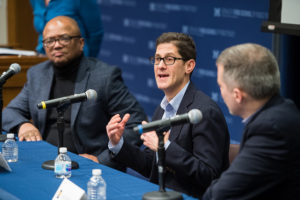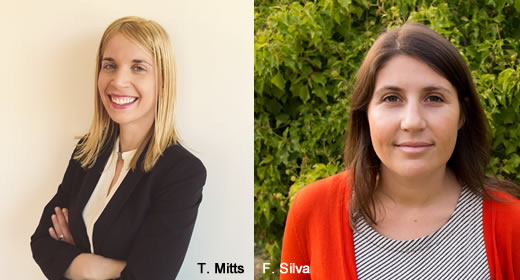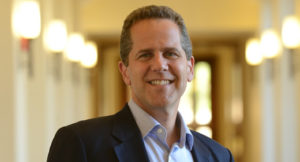It has been a busy few weeks at the Ford School. We are excited to announce the addition of two new assistant professors for this fall. For those of you interested in international policy, we’ve added tremendous strength in the area of international development. Two outstanding scholars will join the Ford School this fall as assistant professors, both with expertise in international development.
Yusuf Neggers is a postdoctoral fellow at the Watson Institute for International and Public Affairs. His research examines questions at the intersection of development economics and political economy, with a particular focus on the connections between political and bureaucratic accountability and the quality of public services.
Eduardo Montero is completing his PhD in Economics at Harvard University. Originally from San José, Costa Rica, Montero’s interests are in development economics, political economy, and economic history. His research focuses on how variation in institutional arrangements, such as property rights regimes, affect development in Central America and Central Africa.
Many of our faculty have been quoted in a variety of publications recently as well. If you have not yet discovered the news page on the Ford School website, I would encourage you to check it out. We are proud of and excited about the work our faculty is doing. You can find news updates here.
You can also follow other Ford School news via Twitter, Facebook or other social media platforms.



